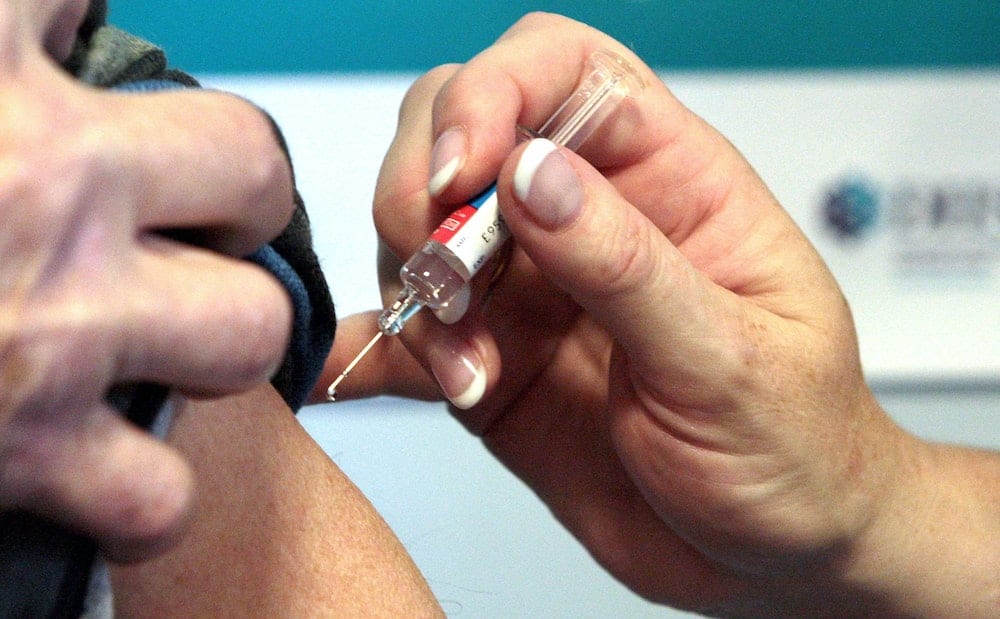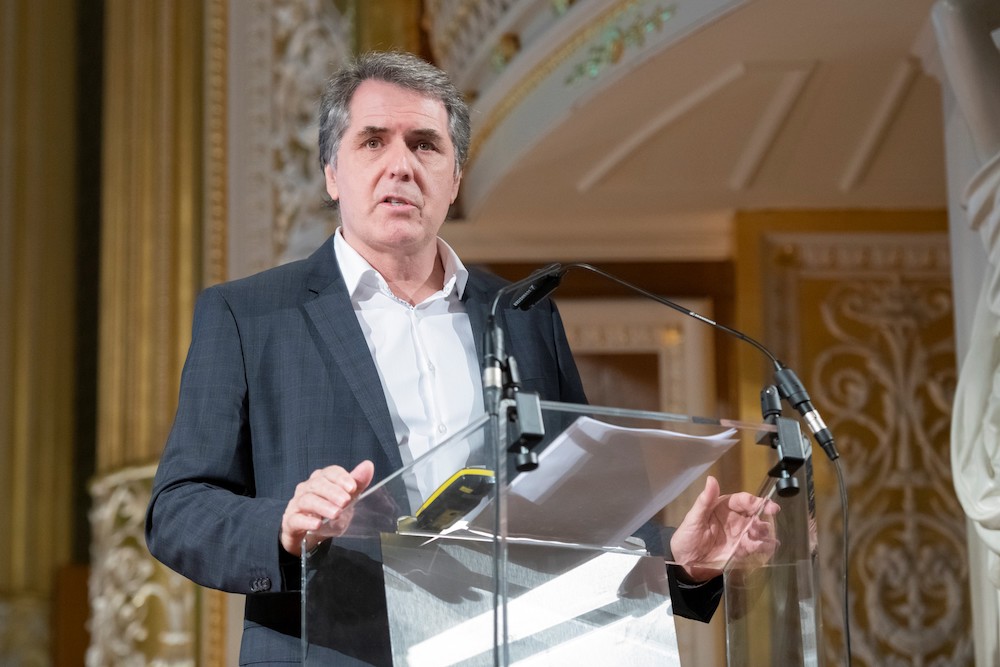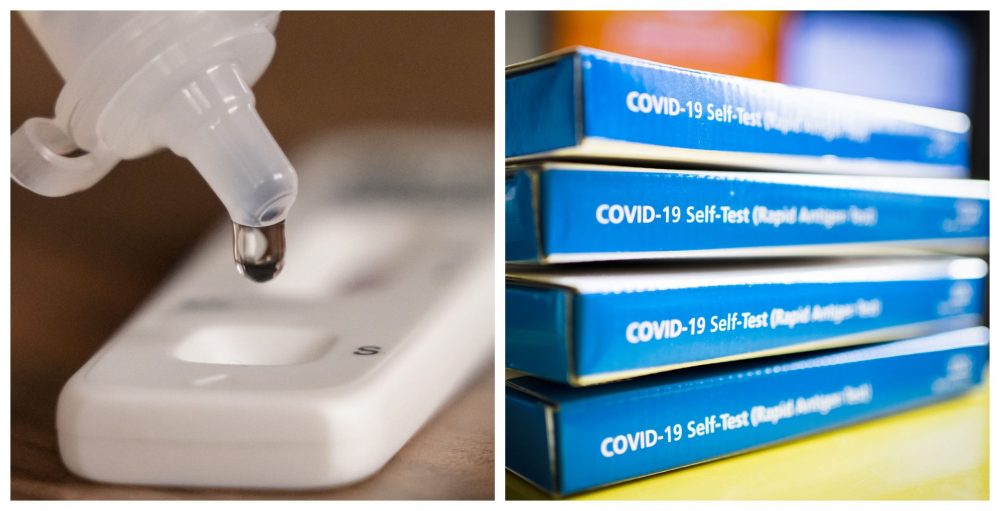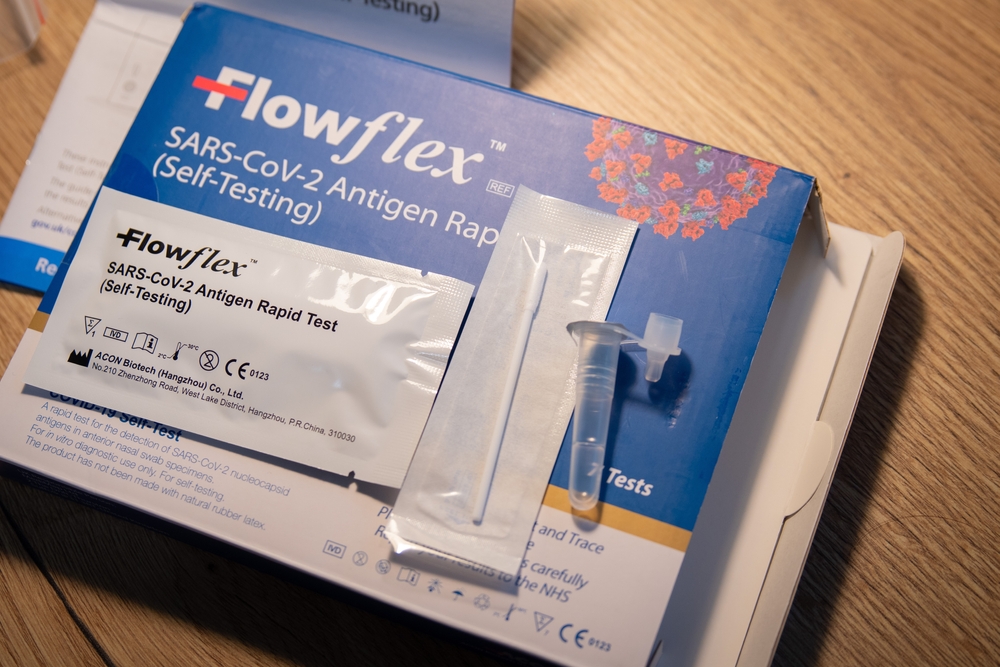
Coronavirus
Vaccine candidate shows ‘strong immune response’ among the elderly
5 years ago

The Oxford Covid-19 vaccine shows a “strong immune response” among elderly participants, experts have said.
Information from an earlier stage of the Oxford University and AstraZeneca vaccine candidate trial suggests “similar” immune responses among younger and older adults, scientists said.
Data on the safety and immune responses among those taking part in the phase two vaccine trial has been submitted for peer review in a medical journal.
But the findings have been discussed before publication, prompting more excitement about the vaccine – considered one of the forerunners in the Covid-19 vaccine race.
The vaccine is currently in a phase three clinical trial, which means the safety and effectiveness of the vaccine is being tested by thousands of participants across a number of different countries.
Experts have predicted that the data from the trial could be presented to regulators within weeks.
It comes as the Health Secretary said that the “bulk” of the rollout of a coronavirus vaccine could occur before next summer.
Matt Hancock said that his “central expectation” is that the majority of the rollout of a vaccine could be under way in the first half of 2021.
In a statement, Oxford University said: “Professor (Andrew) Pollard discussed the early findings of the Phase II safety and immunogenicity trial of the ChAdOx1 nCov-2019 Oxford coronavirus vaccine at a research conference.
“These early results covering trial volunteers from the UK in the 56-69 and 70+ age groups have been submitted to a peer-review journal, and we hope to see their publication in the coming weeks.
“Our ongoing trials will provide further data, but this marks a key milestone and reassures us that the vaccine is safe for use and induces strong immune responses in both parts of the immune system in all adult groups.”
An AstraZeneca spokesperson added:
“It is encouraging to see immunogenicity responses were similar between older and younger adults and that reactogenicity was lower in older adults, where the Covid-19 disease severity is higher.
“The results further build the body of evidence for the safety and immunogenicity of AZD1222.”
Earlier on Monday Mr Hancock told BBC Radio 4’s Today Programme that the vaccine programme was “progressing well”.
Asked how soon NHS staff could be injected with a vaccine, he said: “Well, we’re not there yet.
“The vaccine programme is progressing well.
“We’re in very close contact with the leading candidates.
“On my central expectation, I would expect the bulk of the rollout to be in the first half of next year.”
Asked if there could be some this year, he said: “Well, I don’t rule that out, but that is not my central expectation.”
Clinical trials for Covid-19 vaccines are ongoing.
Some have speculated that two vaccine candidates will report data to regulators this year.
When asked about reports that hospitals are preparing to vaccinate staff, Mr Hancock added: “We want to be ready in case everything goes perfectly.”
“But it’s not my central expectation that we’ll be doing that this year.
“The true answer to your question is, we don’t know.
“We don’t know when the first vaccine will be available but my central expectation is in the first half of next year.
“Nevertheless, we’re doing the preparatory work now for how that will be rolled out, the Joint Committee on Vaccinations and Immunisations has set out the order of priority; and we’re doing the logistical work, led by the NHS working with the armed services who are playing an important role in the logistics of it to ensure that we have that rollout programme ready.
“But, you know, preparing for a rollout and actually having the stuff to roll out are two different things.
“It’s obviously something that we want to happen as soon as safely can be done.
“And as fast as safely can be done, but we are not there yet.”









 Subscribe
Subscribe Follow Us
Follow Us Follow Us
Follow Us Follow Us
Follow Us Follow Us
Follow Us Follow Us
Follow Us











